Posted on June 1, 2025
The cryptocurrency world is no stranger to bold moves and eyebrow-raising headlines, but the recent launch of the $TRUMP meme coin has stirred up a storm of speculation, ethical questions, and political intrigue. Just days before President Donald Trump’s inauguration in January 2025, the $TRUMP token hit the market, sparking immediate interest—and controversy. The White House has since issued a firm statement denying any direct link to the token, but questions linger about its ties to the Trump Organization and the broader implications for transparency in governance. Let’s dive into the details.
What is the $TRUMP Token?
The $TRUMP meme coin, launched in early January 2025, is a cryptocurrency tied to entities closely associated with the Trump Organization, including CIC Digital LLC and Fight Fight Fight LLC. These entities reportedly control a staggering 80% of the token’s supply, raising concerns about centralization and potential market manipulation. Unlike traditional cryptocurrencies like Bitcoin, which aim for decentralization, the $TRUMP token’s structure has drawn scrutiny for its concentrated ownership.
Meme coins, by nature, thrive on hype and cultural relevance, often tied to public figures or trending events. The $TRUMP token capitalizes on President Trump’s high-profile return to the White House, positioning itself as a financial instrument wrapped in political branding. However, its launch timing—coinciding with Trump’s inauguration—has fueled speculation about its purpose and beneficiaries.
The White House’s Response
In response to mounting questions, the White House issued a clear statement: President Trump has no direct involvement with the $TRUMP token. According to officials, Trump’s assets are held in a blind trust managed by his children, a standard practice to avoid conflicts of interest during his presidency. The administration insists there is no connection between the token and official government operations, emphasizing that any suggestion of impropriety is unfounded.
This denial aims to distance the presidency from the token’s activities, particularly amid concerns about potential ethical violations. But the statement hasn’t fully quelled skepticism, especially given the Trump Organization’s apparent role in the token’s ecosystem.
Ethical Concerns and the Dinner Controversy
The $TRUMP token’s launch wasn’t just a financial event—it came with a high-profile perk that raised red flags. Reports surfaced of a private dinner hosted for top investors in the token, an event that critics argue smacks of a pay-to-play scheme. The lack of transparency regarding the identities of these investors has only deepened suspicions. Who are the major players behind the $TRUMP token, and what do they stand to gain from their proximity to the Trump brand?
Ethics experts have pointed out that, even if the White House has no direct involvement, the token’s ties to the Trump Organization could create the appearance of a conflict of interest. The fact that entities linked to Trump’s business empire control such a large portion of the token supply raises questions about whether political influence is being monetized, intentionally or not. In an era where public trust in institutions is already fragile, this lack of clarity could undermine confidence in the administration.
The Bigger Picture: Meme Coins and Political Influence
The $TRUMP token is part of a broader trend of meme coins tied to political figures or movements. These tokens often blur the lines between financial speculation, cultural commentary, and political allegiance. While some see them as harmless expressions of fandom, others warn of their potential to exploit public trust for profit. In the case of $TRUMP, the token’s success hinges on its association with a sitting president, making it a lightning rod for debate about the intersection of politics and finance.
The controversy also highlights the challenges of regulating cryptocurrencies in a politically charged environment. The Securities and Exchange Commission (SEC) has yet to weigh in on the $TRUMP token specifically, but similar projects have faced scrutiny for lacking transparency or resembling speculative schemes. Without clear regulatory guidelines, tokens like $TRUMP can operate in a gray area, leaving investors and the public vulnerable to misinformation or manipulation.
What’s Next?
As the $TRUMP token continues to make waves, several questions remain unanswered. Will the Trump Organization disclose more details about the token’s management and investor base? Could the SEC or other regulatory bodies step in to investigate potential ethical or legal issues? And perhaps most importantly, how will the public perceive the administration’s handling of this controversy?
For now, the White House’s denial of any link to the $TRUMP token may satisfy some, but it’s unlikely to silence critics calling for greater transparency. As the cryptocurrency market evolves and political branding becomes a bigger part of it, the $TRUMP token serves as a case study in the risks and rewards of merging finance with political identity.
What are your thoughts on the $TRUMP token controversy? Is it a harmless meme coin or a symptom of deeper ethical concerns? Share your perspective in the comments below, and stay tuned for updates as this story develops.
Disclaimer: This blog post is for informational purposes only and does not constitute financial or investment advice. Always conduct your own research before investing in cryptocurrencies.
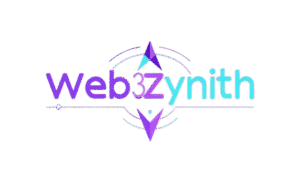
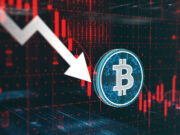
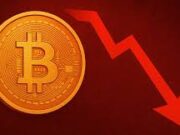



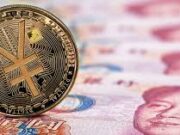




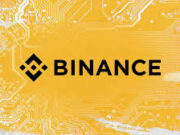

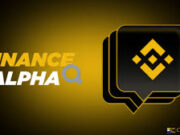


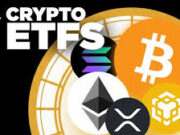



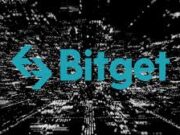
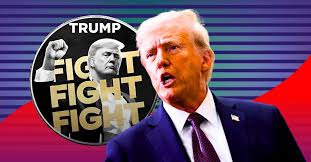
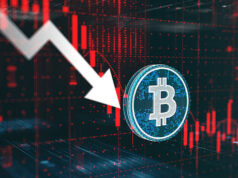
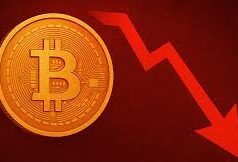




Same token under SOL?